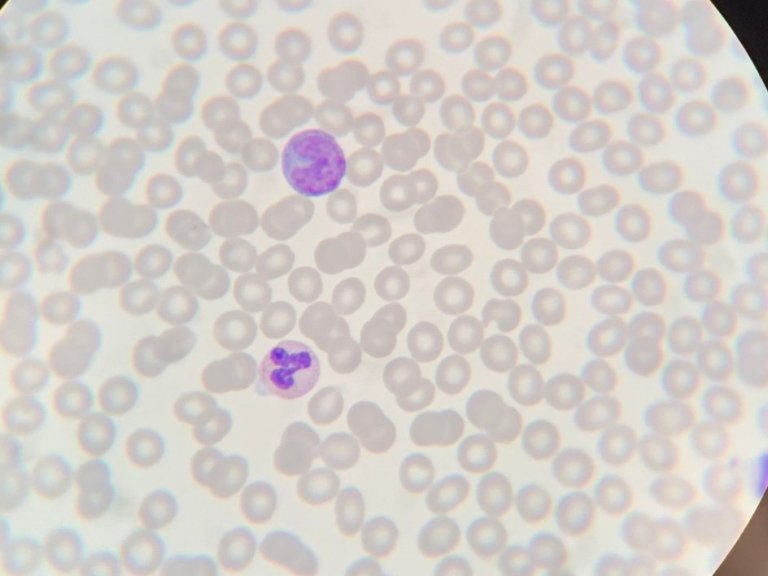After a COVID-19 infection, a substantial number of patients report persisting symptoms. This is often known as long-COVID or Post-Covid Syndrome and the most common symptom is severe and debilitating fatigue. In the ReCOVer study, funded by ZonMw, patients who received cognitive behavioural therapy were compared with patients who received care as usual. Normal care often consisted of supervision by their GP or specialist, physiotherapy and/or occupational therapy.
Tackling fatigue
Cognitive behavioural therapy for patients with persistent fatigue after COVID-19 focuses on reducing fatigue by dealing with the symptoms differently. “Together with patients, we look, for example, at how they can improve their sleep-wake rhythm. We also help them become more active again with small, safe steps. For example, by going for short walks,” says Knoop.
Improving concentration
Cognitive behavioural therapy has clear results for these patients. Most participants experienced significantly less fatigue and improved concentration after treatment. They also made significant progress socially and physically. The results also proved to be stable over time. After six months, the differences, compared with those who received regular care, were still present.
“Cognitive behavioural therapy also appears to be a safe treatment. Our research shows that the symptoms did not worsen, and new symptoms arose less often,” adds Knoop.
More research required
The researchers emphasise that the fact that behavioural therapy can help does not mean that the cause of the symptoms is psychological. Furthermore, not everyone benefits from behavioural therapy.
It is therefore very important to continue to search for other effective treatments and the physical causes of the post-COVID syndrome.




